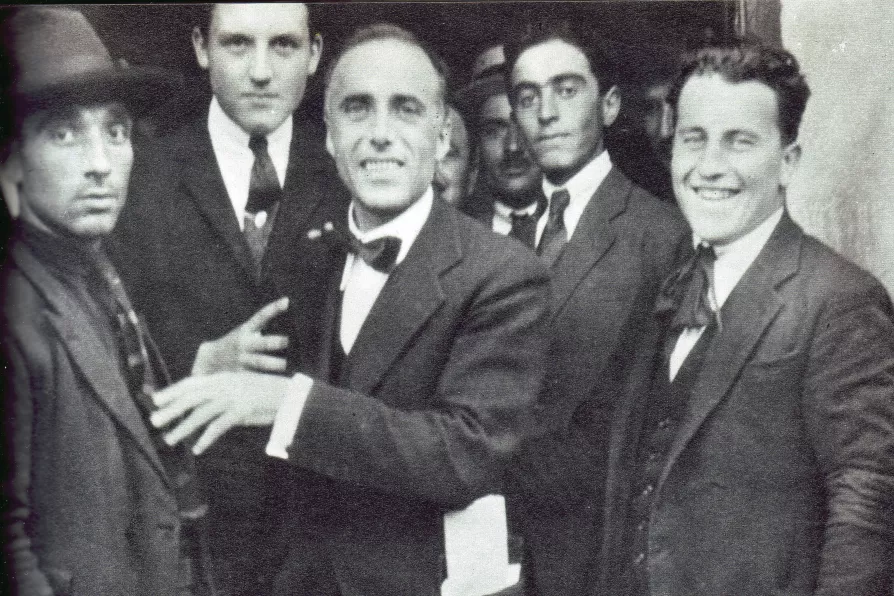RAMZY BAROUD looks at how entire West Bank communities have been shattered, their social and physical fabric deliberately dismantled by Israel to enable its formal annexation

 DOOMED: Matteotti (centre) with fellow supporters during the early 1920s
DOOMED: Matteotti (centre) with fellow supporters during the early 1920s
AT THE end of his four-day clandestine visit to London in April 1924, Giacomo Matteotti, the Italian secretary of the Socialist Party and a prominent MP, was asked by the Daily Herald if he was not afraid to return to his country.
“My life is always in danger,” he replied. “This is what I want you to understand.” He had every reason to fear for his life. Regarded as the arch-enemy of Mussolini, who was head of government and foreign minister, he had been denied a passport to prevent him from meeting representatives of foreign organisations. It wouldn’t be long before someone would let him know that he had gone a step too far.
Less than two months later, the search for his body was continuing in and around Rome.

As the anti-fascist movement mourns the death of Gerry Gable, his long-time comrade and former Searchlight editor STEVE SILVER reflects on the life of an indispensable activist who spent six decades infiltrating, exposing and undermining fascism

On the 80th anniversary of liberation from Nazi-fascism, left forces in Italy mobilise against genocide, armament, and the Meloni government, reports ANA VRACAR

The annual commemoration of anti-fascist volunteers who fought fascism in Spain now includes a key contribution from Italian comrades











